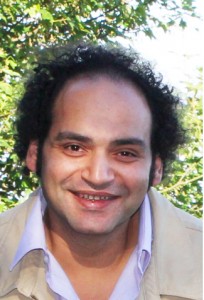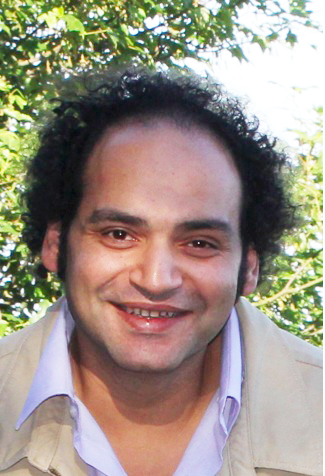 For the past week we have been living in the shadow of civil strife caused by the president’s recent decisions. A state of deep polarisation has been created between all those who associate with Islamic political forces and those who associate with non-religious ones.
For the past week we have been living in the shadow of civil strife caused by the president’s recent decisions. A state of deep polarisation has been created between all those who associate with Islamic political forces and those who associate with non-religious ones.
Morsy’s recent constitutional amendments were not only a surprise to everyone and a badly calculated move; they were a vulgar attempt to dominate all branches of the state and proclaim the president an ultimate unaccountable authority. A move that forward requires lots of political capital, and this is the question, does Morsy have sufficient political capital to back his move?
Looking at the political capital Morsy has managed to secure so far, it does not look like much. The president (or the Brotherhood, both are one and the same thing) has support from the street with a mobile bulk of Brotherhood supporters and members that can be moved to more than one place. He has the support of the Shura Council, which was hanging by a thread waiting to be dissolved by a court ruling.
Undoubtedly, he has the support of the Muslim Brotherhood along with all its capacities like personnel, financial resources and political and religious influence. These are the ultimate sources of unquestioned and unconditioned support that the president has, all other sources are not as stable.
The government, although full of Brotherhood supporters, is not yet a stable source of support. Hesham Qandil’s government did not enact any policies that would help it consolidate in office, and it did not carry out any services that would give the government credit among a particular group of society.
In fact, this government has managed to create deep resentment towards it in different clusters in society. Train accidents and attempted regulations, like closing the shops early, are examples of how the government managed to be hated among different groups in society.
In the mean time, the judiciary does not seem to be able to offer the steady support the president expected. All the legal decisions Morsy has taken demonstrate that the man is not receiving any advice from someone who is at least familiar with Egyptian law and judiciary norms. Besides, the old-regime lobby within the judiciary makes it difficult for Morsy to penetrate it.
State media is helping, but the reach is limited. The recently appointed leadership of the Shura Council is trying to demonstrate that it could be beneficial. However, the tools available for state media and the competition it faces make it too rigid and eventually insignificant.
Even politically, before those decisions, conflicts over constitutional articles in the draft between the Brotherhood and the Salafis caused a lot of tension between the Brotherhood and the Salafis as political forces.
So what does all this mean? It means that at a time when Morsy does not have any other support but the Brotherhood’s, he decides to take decisions that would no doubt open the gates of hell on him and his people. Which in turn means that the president is convinced that Muslim Brotherhood support alone is more than enough to run this country. And as he relies on that support, he passes laws that would strengthen the power of the institutions that are supporting him now.
He made the Shura Council and the Constituent Assembly immune accountable only to him; he made his own decisions unquestionable and personally appointed a new public prosecutor. I believe Morsy was hoping to ensure the presence of those means of support until the constitution is passed and a new framework that has the Brotherhood’s stamp rules over the country. At the same time, this would wear the opposition out by fighting on two fronts, the constitutional draft and the constitutional decree.
The problem in this situation is that it’s a political one, but we deal with it within a legal context that looks for what is lawful and what is not. The fight is political since Morsy was the first one to throw the law out the window.
The only thing that Morsy and the Brotherhood did not take into consideration is how united the opposition can be. If you managed to go to Tahrir Square in the past week, you will have realised that it is not just political forces that oppose the Muslim Brotherhood, there are social classes rising up against their lawless and self-consumed political behaviour. The heavy presence of the middle class in these demonstrations proves that there is an anti-Brotherhood social alliance on the rise.
Morsy’s miscalculated political adventure with these recent decisions will have long-lasting effects. If the opposition alliance continues as it is now, it will be very difficult for the Brotherhood to secure the same political winnings they earned under the military rule. If the Brotherhood continues the state of polarisation that they are creating, things could abruptly turn violent. And if the president continues this power-hungry raid, we will simply go from one political crisis after the other.



